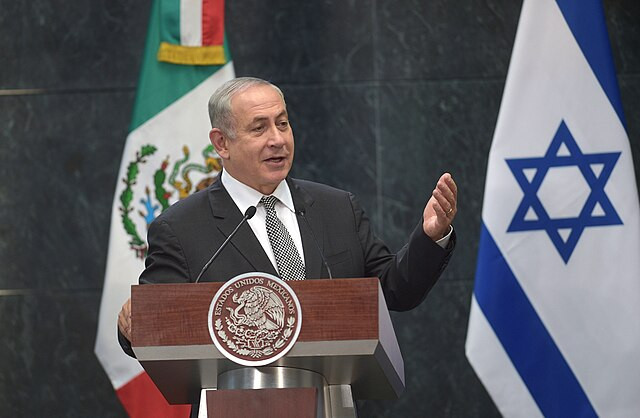Israel has confirmed the targeted killings of two senior Iranian commanders in overnight airstrikes, escalating its military campaign as Iran warns that U.S. intervention would be "very, very dangerous for everyone." The latest developments in the nine-day-old war come as efforts to resume nuclear diplomacy between Tehran and Western powers have faltered, and fears of a broader regional conflict mount.
On Saturday, Israel's Defense Minister Israel Katz announced that Saeed Izadi, head of the Palestine Corps of Iran's Quds Force, and Behnam Shahriyari, another senior commander involved in financing Hezbollah, were killed in Israeli airstrikes on Qom. His killing wass a "major achievement for Israeli intelligence and the Air Force," Katz said, adding that Izadi played a central role in arming Hamas ahead of its October 7, 2023, assault that killed 1,200 people in Israel.
Iranian media reported a building hit in Qom, initially stating a 16-year-old had been killed and two others injured. The Revolutionary Guards later confirmed that five of its members were killed in a separate strike on Khorramabad but did not mention Izadi. Israel claims its operations have severely damaged Iran's missile infrastructure, estimating that over 50% of launchers have been destroyed.
The escalating violence follows Israel's June 13 pre-dawn strikes on Iranian territory, aimed at derailing Tehran's nuclear ambitions. Iran retaliated with a barrage of missiles and drone strikes. Israeli officials say their forces deployed 50 aircraft to hit the Isfahan nuclear facility for a second time, amid rising concerns from the International Atomic Energy Agency.
IAEA Director General Rafael Grossi warned against further attacks on nuclear infrastructure, stating they had led to a "sharp degradation in nuclear safety and security," although no radiation leaks have been reported. "An attack on Bushehr would result in a very high release of radioactivity to the environment," Grossi said.
According to Iran's Nour News, Israeli airstrikes have killed at least 430 people and injured over 3,500. The U.S.-based Human Rights Activists News Agency placed the death toll at 639. In Israel, local authorities report 24 civilians have been killed by Iranian missiles, including a strike on Soroka Medical Center in Beersheba that injured 76.
The mounting toll has drawn condemnation from Iranian officials, who claim Israel has hit civilian sites including hospitals, ambulances, and Red Crescent vehicles. "The intentional attack on a Red Crescent ambulance in Tehran is a clear example of a war crime," said Iranian Foreign Ministry spokesperson Esmaeil Baghaei.
Iranian Foreign Minister Abbas Araghchi, speaking from Istanbul after inconclusive talks in Geneva, reiterated that Tehran will not negotiate under fire. "It is obvious that I can't go to negotiations with the U.S. when our people are under bombardments under the support of the U.S.," Araghchi said.
European ministers had proposed a framework for restarting nuclear negotiations, including a halt to uranium enrichment, limits on missile development, and an end to proxy funding. Iran rejected the proposal, insisting Israel halt its military operations first.
President Donald Trump, in remarks Friday, stated he would decide within two weeks whether to join Israel in direct military operations. "We can't let that happen," he said, referencing U.S. intelligence suggesting Iran could be weeks or months away from acquiring nuclear weapon capabilities.
Trump added that the U.S. is "ready, willing and able" to negotiate and has maintained communications with Tehran. "Iran doesn't want to speak to Europe. They want to speak to us," he said.
Russian President Vladimir Putin has offered to mediate and reiterated Moscow's stance that while Iran has a right to peaceful nuclear energy, there is "no evidence" it is seeking weapons. "We are ready to help," Putin told Sky News Arabia, signaling Kremlin support for diplomatic de-escalation.
Air raid sirens sounded across central Israel and the West Bank early Saturday as Iranian projectiles were intercepted above Tel Aviv. While no casualties were reported, explosions echoed across the capital's skies. Iran's Nour News identified 15 air defense personnel killed in the past week.
Ali Shamkhani, a key adviser to Iran's supreme leader, survived an Israeli strike and issued a defiant message: "It was my fate to stay with a wounded body, so I stay to continue to be the reason for the enemy's hostility," he said in a statement carried by state media.






